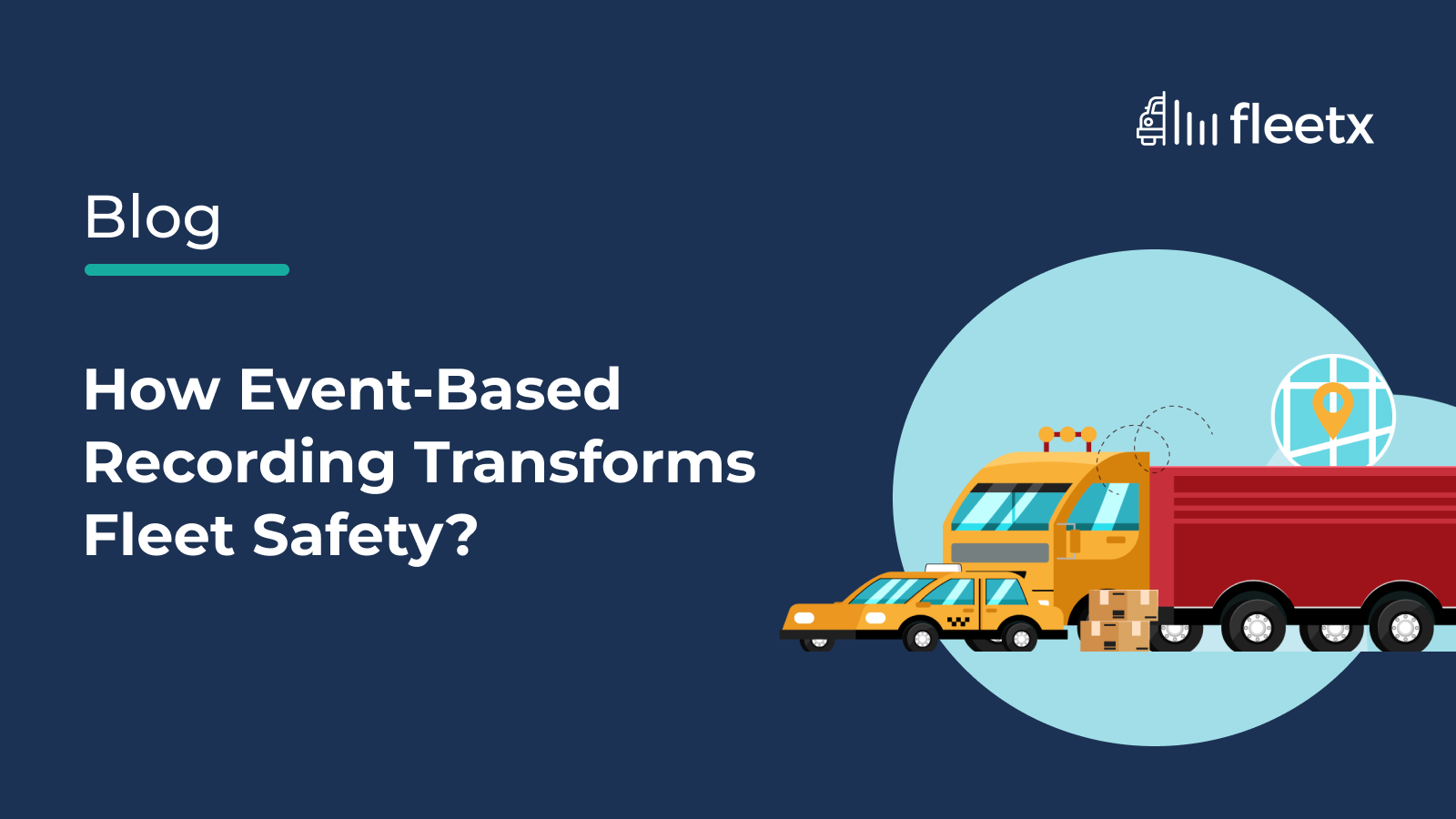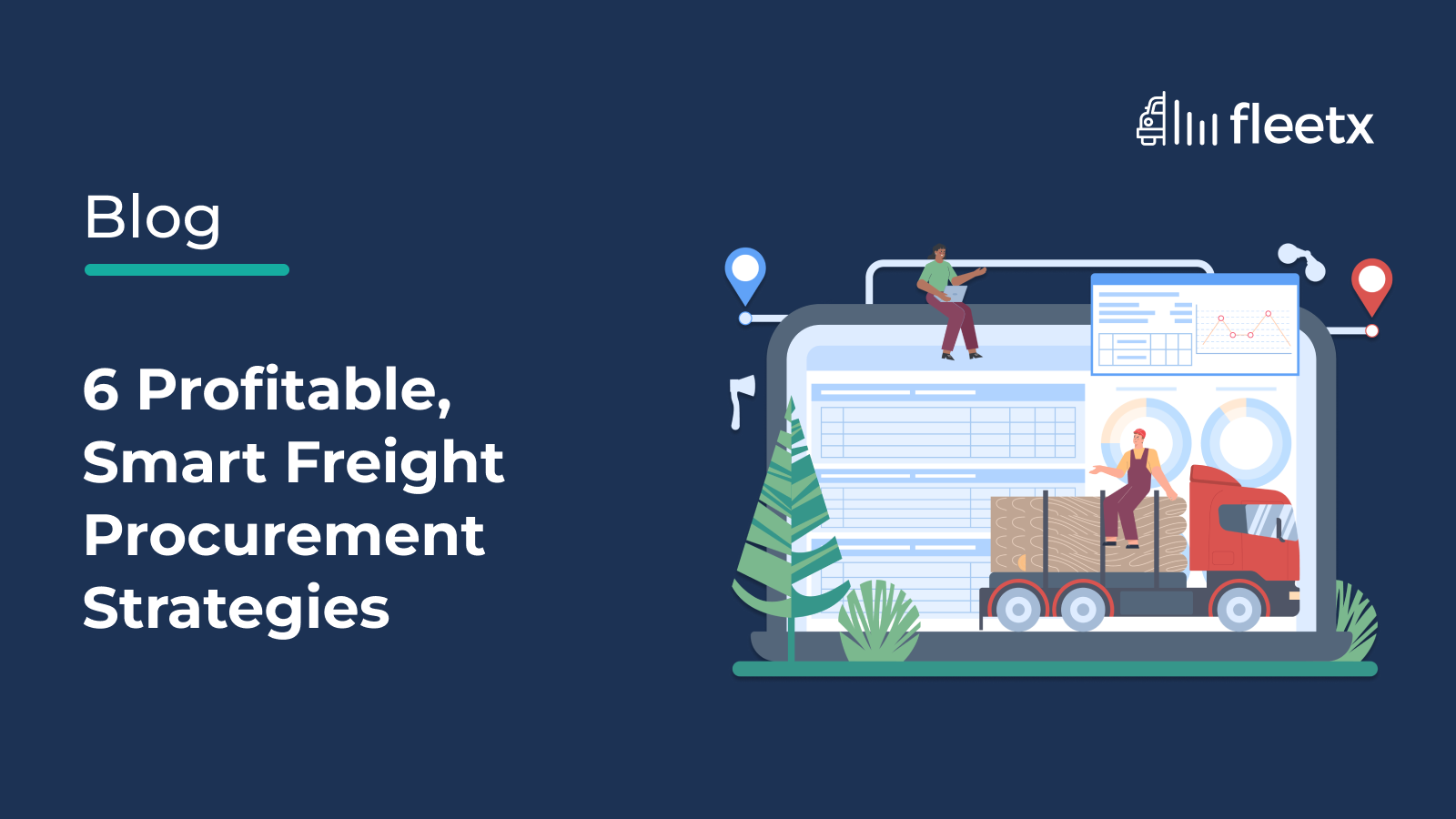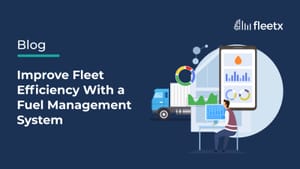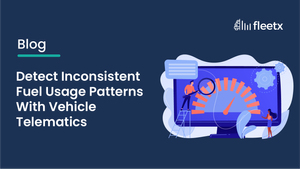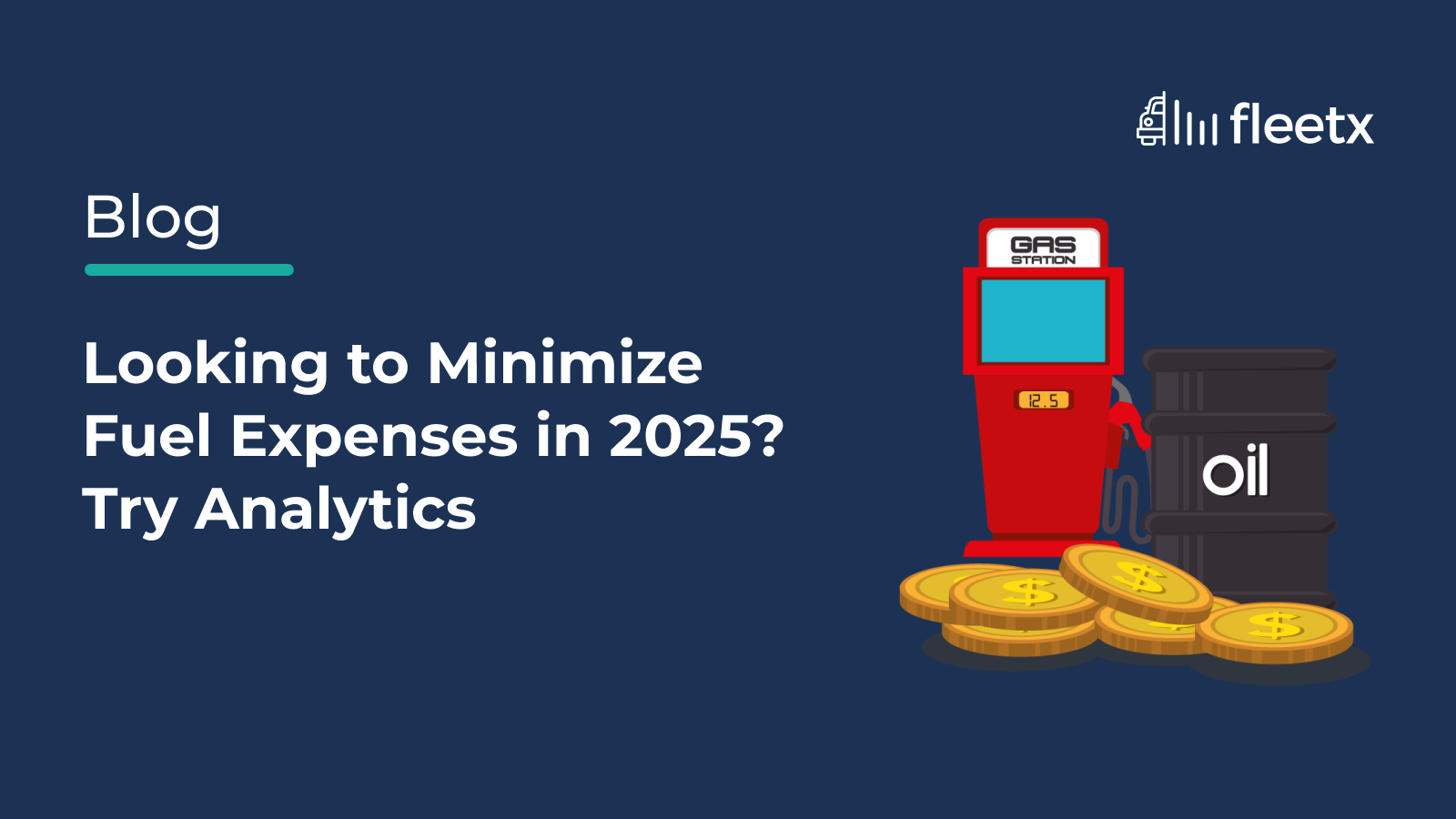
Situation: A truck fleet owner of 50+ vehicles, running on the same routes, was struggling with low mileage despite acceptable road conditions and cargo setup. However, the fuel costs were exceptionally high, increasing the business's operational costs significantly.
With fuel prices higher than ever, every drop counts. Fleet owners and transporters are always searching for ways to optimize their operations to improve their bottom lines. That is where fleet tracking and analytics play a huge role – utilizing technology to transform how carriers manage their fleets and fuel usage.
Challenges Leading to High Fuel Costs for Fleet Owners
Fuel costs are not only growing higher but the manner of increment is highly fluctuating. It’s manageable in certain months and some months see a sharp rise, blowing up the operational budget.
But, it’s not only the fuel price that leads to high fuel costs. The ways in which it’s impacted include:
- Vehicle idling
- Routing inefficiencies
- Aggressive driving behavior
- Fuel theft
In the absence of proper tools, it is nearly impossible to track the above issues.
Why Should Businesses Monitor Their Fuel Consumption?
Fuel consumption is much like food consumption. Certain kinds of foods that are scarce have to be limited to make them last longer. Similar is the case for fuel. Let’s delve into the other reasons behind limiting fuel consumption:
Price Acceleration
With rising fuel prices, the problem becomes a huge issue for fleet owners. Although alternative sources of energy and fleet tracking systems are gaining steady significance, a complete switch is far from reach. So, reducing fuel consumption is one of the ways to control rising expenses.
Budget Constraints
Not making optimum decisions about budget spending leads to business losses. This includes installing fleet tracking devices and planning the fuel refill locations to save on fuel expenditure as fuel prices vary from one state to another. Moreover, switching to greener energy sources would mean purchasing new vehicles and that would be a sizeable expenditure.
Environmental Concerns
Fossil fuel usage leaves residues that are harmful to the environment and become a hazard to people’s health. Fleet owners and managers have to be aware of the ecological regulatory standards for their businesses to avoid fines and penalties.
Types of Analytics to Optimize Fuel Consumption
In optimizing the fuel efficiency of a transport business, several analytics variants can be integrated to provide rich insights into fuel usage:
Predictive Analytics
Historical data is used to forecast the fuel needs of the future and the consumption patterns, enabling fleet managers and operators to plan efficient routes.
Descriptive Analytics
One of the real-time fleet tracking windows, crucial for daily logistics management, the fuel tank monitoring system shows the current fuel levels and consumption.
Prescriptive Analytics
Perhaps the most advanced form of analytics, this exceeds pattern identification and suggests actionable solutions.
Diagnostic Analytics
This branch focuses on finding the “why” behind fuel usage. For instance – a fuel consumption monitoring system might identify a specific vehicle that utilizes more fuel than others. Diagnostic analytics determines the root cause of this anomaly.
Behavioral Analytics
Driver behavior is a crucial component of the fleet tracking system for fuel management. Analytics recognizes adverse driving patterns that include speeding, idling, and rough braking that impacts fuel efficiency.
How Does Machine Learning Optimize Fuel Consumption?
Fuel consumption is dependent on several factors. An effective fleet management system integrates different elements and the common categories are:
- Vehicle- Linked: These parameters include tire pressure, engine status, fuel levels, and cargo weight.
- Fuel-Linked: The type and quality of fuel used for transportation.
- Route-Linked: The landscape (flat or hilly, smooth or bumpy, etc.), speed limits, traffic signal frequency.
Fleet managers use machine learning (ML) to predict the impact of the above-mentioned variables on the fuel economy and the environment based on reliable data and analytics. Manual calculations become challenging and the insights wouldn’t be reliable, particularly considering that a major part of the data is collected in real-time.
Also, the ML models become sharper with constant usage, which isn’t always true for human intelligence. Fleet owners need to introduce machine learning algorithms for predictive usage and automated process control.
Route Optimization
To control the fuel economy, efficient route planning is an essential tool. Fleet management software focuses on finding the fastest route and saving precious fuel.
Balancing Load to the Carrier
With machine learning, transporters can automate the process of linking specific carriers to specific loads, combining the locations of particular vehicles and their load capacity.
Consolidated Shipments
Running empty trucks is a major issue for carriers suffering losses. Shipment consolidation solves this by allowing the carriers to utilize their fleet’s capacity to the fullest through AI and ML.
Predictive Maintenance
Any technical disruption leads to fuel costs rising. Sudden breakdowns can be avoided with proactive algorithms that improve fuel economy and safety while lowering maintenance issues through timely service reminders.
Driver Behavior Analysis
Fuel spends inflate due to brash acceleration, sudden braking, sudden turns, vehicle idling, etc. The sensors within the vehicle identify inefficient driving patterns and fleet owners can incorporate better driving practices.
Fuel Fraud Identification
Fuel fraud is another common occurrence in logistics. There are several ways in which such thefts occur by the employees. Integrating a trained algorithm in fuel monitoring software and fuel sensors can detect unusual fueling patterns that could be an indicator of fuel theft.
Benefits of Implementing Analytics in Fuel Management
Analytics and a data-driven fuel management system help in:
- Making the fleet management system in place more environment-friendly
- Reducing the fleet’s carbon footprint
- Keeping the business costs in check with rising fuel costs and taxations
- Fuel purchase based on refueling station locations and prices
- Improving the fuel efficiency of fleet routes with real-time monitoring
- Delivering shipments faster
- Reducing vehicle damage and downtime
- Accurate, reliable, and detailed reporting
- Predictive maintenance and optimization
Want to Monitor Your Fleet’s Fuel Consumption?
Investing in a fleet tracking system powered by AI and analytics is the best way to monitor a fleet’s fuel usage. Advanced sensors from Fleetx utilize IoT connectivity for accurate monitoring and customized notifications. These are capable of handling a diverse range of scenarios including fuel theft monitoring. Additionally, an analytics-based monitoring system assists in tracking driver behavior to check for driver fatigue, overspeeding, harsh braking, etc.
More than 60% of fleet operation expenses are fuel-related. So, the functioning of fuel monitoring and management is crucial within an organization. Fleetx’s AI-driven fleet management platform provides quick information for all company stakeholders and new opportunities for fuel savings.

